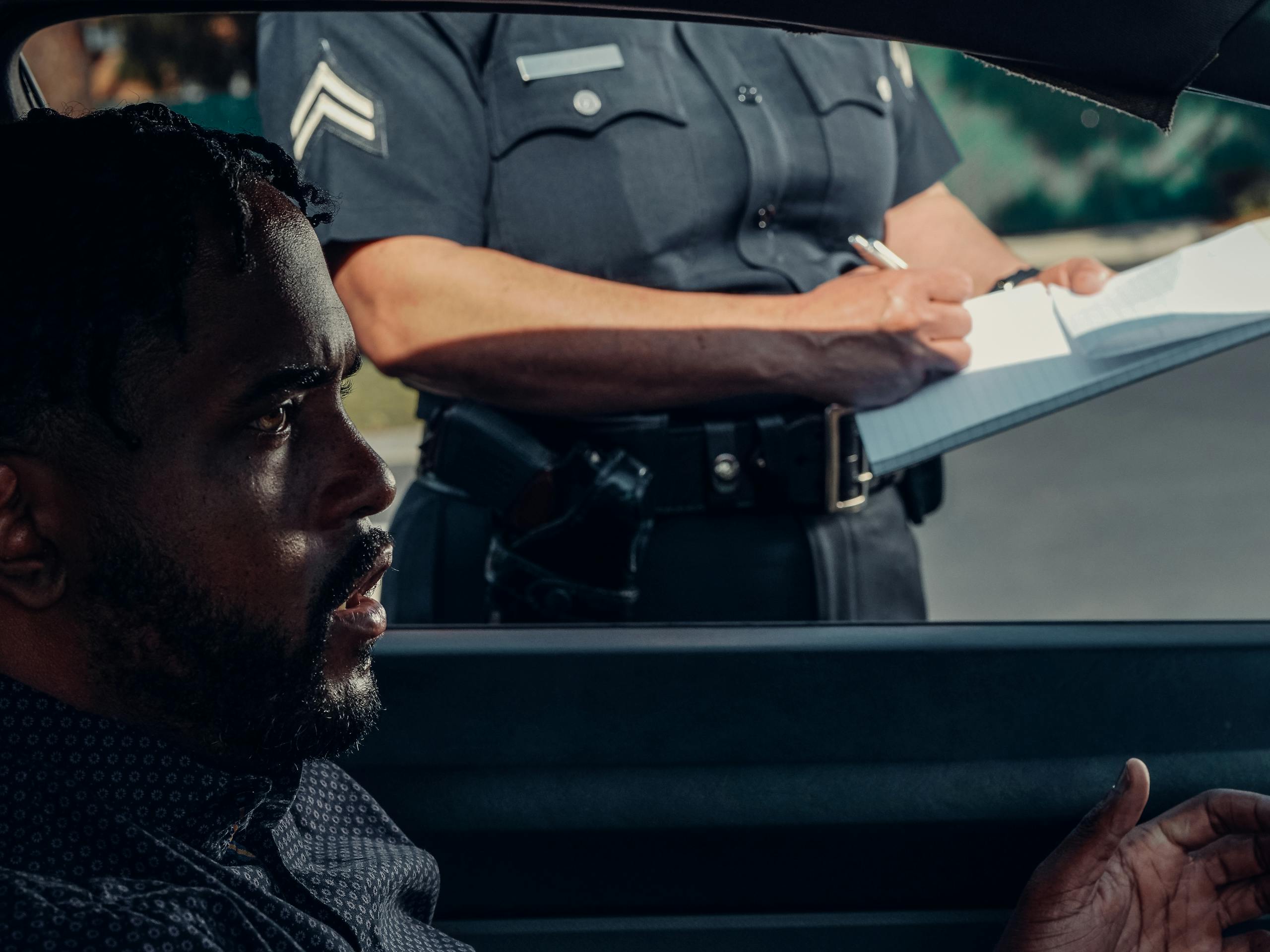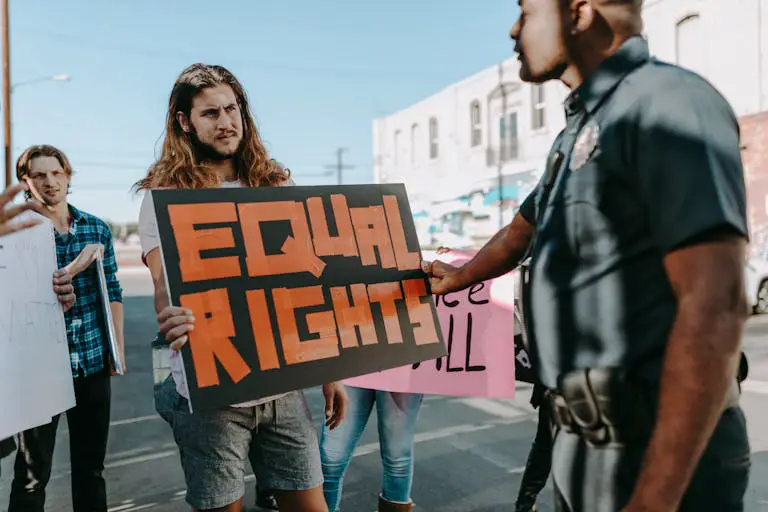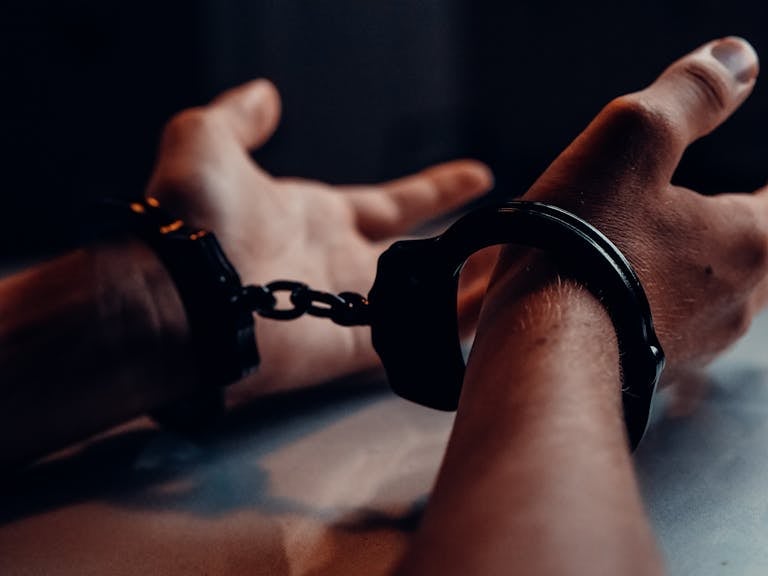How Long Before an Unpaid Ticket Becomes a Warrant: Navigating the Legal Countdown
Unpaid traffic tickets can quickly escalate from a minor inconvenience to a serious legal issue in the labyrinth of traffic violations and legal consequences. Before we dive into the specifics, consider these eye-opening statistics:
- Approximately 7-10% of all traffic tickets go unpaid in the United States.
- In some jurisdictions, up to 40% of warrants issued are for unpaid traffic tickets.
- The average time for a traffic citation to turn into an arrest warrant varies from 30 days to 6 months, depending on the state and violation type.
- Unpaid traffic tickets cost U.S. cities millions in lost revenue annually, with New York City alone reporting over $500 million in unpaid fines in 2019.
How Long Before an Unpaid Ticket Becomes a Warrant?
The typical timeframe for an unpaid traffic ticket to become a warrant ranges from 30 to 90 days after the payment deadline. However, this period can vary significantly based on jurisdiction, the nature of the violation, and the individual’s prior record.
Understanding the Ticket-to-Warrant Timeline
The evolution of a simple traffic ticket into a warrant is a process that unfolds over time, with several key stages. Understanding this timeline can help you navigate the system and avoid serious consequences. Let’s break down each step in detail:
- Ticket Issuance:
- You receive a citation for a traffic violation or other infraction related to traffic cases.
- The law enforcement officer provides you with a physical traffic ticket or, in some jurisdictions, electronically files the citation.
- The traffic ticket includes information about the violation, the traffic fine amount, and instructions for payment/payment plan or court appearance.
- Timeframe: Immediate
- Payment Deadline:
- A due date is set for payment or court date appearance, usually 15-30 days from issuance.
- This date is marked on your traffic citation.
- Some jurisdictions offer online payment options, while others require mail-in payment or in-person appearance.
- Timeframe: Typically 15-30 days after ticket issuance
- Grace Period:
- Some jurisdictions offer a brief grace period for traffic offenders after the initial deadline.
- This period may last 5-10 days, depending on local laws.
- Late fees may or may not accrue during this time, varying by location.
- Timeframe: 5-10 days after the initial deadline
- Late Fees:
- If the traffic ticket remains unpaid after the grace period, late fees are often added to the original traffic violation fine.
- These additional fees can significantly increase the amount owed, sometimes doubling the original fine.
- The court may send a notice informing you of the late fees and the updated amount due.
- Timeframe: Typically begins 20-40 days after ticket issuance
- Final Notice:
- Many courts send a final warning before escalating to warrant status.
- This notice often includes language about potential license suspension or warrant issuance.
- It may provide a final deadline for payment before further action is taken.
- Timeframe: Often sent 45-60 days after ticket issuance
- Warrant Issuance:
- If the ticket remains unpaid after the final notice, a bench warrant is issued for your arrest.
- This warrant authorizes law enforcement to arrest you on sight.
- Information about the warrant is entered into local and sometimes national databases.
- Your driver’s license may be suspended at this point in many jurisdictions.
- Timeframe: Typically 60-90 days after ticket issuance, but can vary widely
- Post-Warrant Consequences:
- Once a warrant for your arrest is issued, you may face arrest during any interaction with law enforcement.
- Additional fines and court costs are often added at this stage.
- You may be required to appear before a judge to explain the non-payment.
- In some cases, you might face short-term jail time or community service.
- Timeframe: Ongoing until the warrant is resolved
It’s crucial to note that this timeline can vary significantly based on several factors:
- Jurisdiction: Different states, counties, and municipalities may have varying procedures and timelines.
- Nature of the Violation: More serious infractions may have shorter timelines before warrant issuance.
- Prior Record: Individuals with a history of unpaid tickets or violations may see accelerated timelines.
- Court Workload: In busy jurisdictions, some stages of the process may be delayed due to high volume.
Additionally, some jurisdictions have implemented programs to reduce warrant issuances for minor infractions:
- Reminder Systems: Automated phone calls or text messages reminding individuals of upcoming deadlines.
- Alternative Resolution Options: Community service or payment plans offered before the warrant stage.
- Amnesty Programs: Periodic programs allowing individuals to clear old tickets without facing arrest.
Understanding this timeline empowers you to take action at the appropriate stages, potentially avoiding the severe consequences of a warrant.
Always respond promptly to any communication from the court, and when in doubt, reach out to the court clerk’s office for clarification on your specific situation.
Real-World Examples
- The Forgetful Commuter: Sarah, a busy professional, received a speeding ticket on her way to work. Intending to pay it online, she forgot about it amid her hectic schedule. After 45 days, she received a notice of additional late fees. At the 60-day mark, a bench warrant was issued for her arrest, leading to a stressful encounter during a routine traffic stop.
- The Out-of-State Violation: Mike received a red-light camera ticket while on vacation in Florida. Assuming it wouldn’t affect him in his home state of Ohio, he ignored it. Six months later, he was denied a driver’s license renewal due to an outstanding warrant from Florida, which had been issued 90 days after the ticket’s due date.
- The Disputed Parking Ticket: Emily contested a parking ticket she believed was issued in error. She mailed her dispute but didn’t follow up. Unknown to her, the dispute was never received, and after 30 days, a bench warrant was issued. She discovered this when attempting to register a new vehicle.
Avoiding the Warrant Trap
To prevent an unpaid ticket from escalating to a warrant:
- Pay tickets promptly or contest them through proper channels (traffic ticket attorney).
- Set reminders for due dates if you can’t pay immediately.
- Always update your address with the DMV to ensure you receive notices.
- If you’re struggling financially, contact the court about payment plans or community service options.
- Never ignore out-of-state tickets; they can have cross-state consequences.
Frequently Asked Questions
- Q: Can I go to jail for an unpaid traffic ticket? A: Yes, once a warrant for your arrest is issued, you can be arrested and potentially face jail time.
- Q: Will an unpaid ticket affect my credit score? A: In some jurisdictions, unpaid tickets can be reported to credit bureaus, negatively impacting your credit score.
- Q: Can I still get a warrant if I’ve moved to another state? A: Yes, warrants can be enforced across state lines, especially for more serious violations.
- Q: What if I can’t afford to pay for my ticket? A: Many courts offer payment plans or alternative options like community service. Always communicate with the court about your situation.
- Q: Can a warrant for an unpaid ticket expire? A: While some warrants may expire, many remain active indefinitely. It’s always best to address the issue proactively.
Conclusion: Time is of the Essence
When it comes to unpaid tickets, time is not on your side. The transition from a simple citation to a warrant can happen swiftly, often catching individuals off guard.
The consequences can be severe, ranging from arrest to license suspension and even impact your employment prospects.
If you’re facing an unpaid ticket or believe a warrant may have been issued, it’s crucial to act quickly and seek professional advice.
[Don’t let an unpaid ticket escalate into a legal nightmare. Connect with an experienced traffic ticket attorney for a free consultation who can help navigate your situation and potentially prevent or resolve warrant issues.]Remember, proactive action and timely response to citations are your best defenses against the serious consequences of unpaid tickets turning into warrants.







